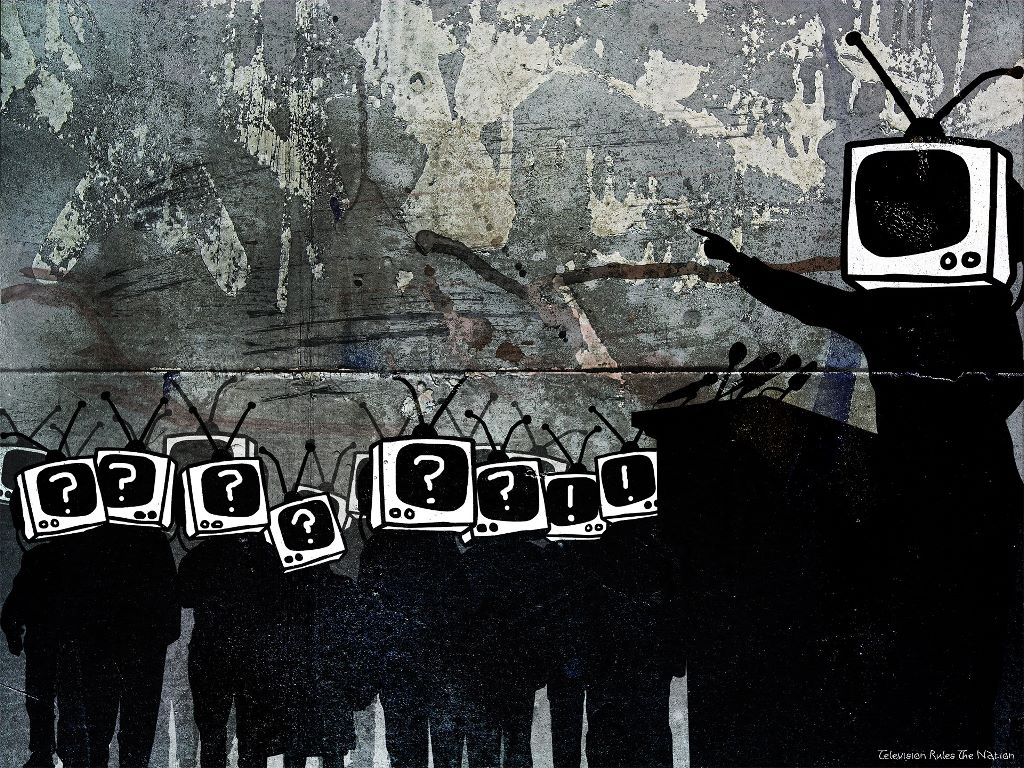Ever since broadband internet hit the mainstream around the turn of the millennium, we have been hearing how the web would spell the end of traditional TV.
Rather than the ‘mere’ 500-channel universe offered by cable or satellite, the web was going to be a never-ending smorgasbord of programming. The future of television was supposed to be the web and it was going to be glorious. It would all stream in stunning high-definition. You would never watch an ad again. And unicorns would come pouring out of your screen in full 3-D. Or not.
As it turned out, people were still pretty committed to their TVs, their couches and regular, mainstream programming. Today, even though broadband penetration is quite high in North America and even though the number of people watching TV on the web is growing rapidly, TV audiences still dwarf those who are watching TV online. To wit, traditional TV still dominates.
But a few recent developments suggest that the web may finally be gearing up to takeover from television, in a way that many would not have foreseen. Rather than people moving away from TV toward the internet, something almost like the inverse is happening: the web is moving toward the TV. Funnily, the reason web-based content delivery is growing in scope and potential is that it’s getting away from computers.
So, it seems as if the web is poised to move into the space once occupied by TV. Or… is it the other way round?
Why the Web Makes TV Go Cry in a Corner
Though there is a great deal of debate as to the ups and downs of web-based TV, there is no denying that the model of the web, whether streaming or purchasing, offers some clear benefits over that of TV. Here are just a few:
- There is no fixed schedule. You simply click on what you want, when you want.
- There are no space limits like the hard drives found on DVRs.
- Rather than subscribing to specialty channels, one can just buy the shows one wants.
- Sometimes, obscure or older content is easier to find online.
TV asks you to stick to its own schedule or limitations. TV on the web offers much more freedom. This much is clear.
Why TV Still Rules
However: when Google recently launched YouTube Leanback – a stripped down version of YouTube that plays videos with little to no user input – it revealed something about the internet: sometimes its greatest strengths are also its most glaring weaknesses.
One of the great benefits of the web is that, as opposed to something like TV or radio – in which the user sits back passively and lets programming come to them – online content is something you have to go out and find yourself. This is often great, as it means that you connect with the content you want to and skip past all the things you dislike.
But the downside of this personalization is that… well, you have to personalize things yourself. Not only does this reduce your chances of randomly stumbling upon something new and interesting, it’s also time-consuming. Rather than the pleasant laziness of kicking back in front of the TV, the web makes you work for your content. This is something that not everyone wants to do. TV offers a more intuitive, straightforward experience that requires almost no technical knowledge – and often allows one not to think very much.
What’s more, it’s physically a more comfortable experience. Rather than sitting at a desk, or putting your notebook on your lap, sitting on a couch in front of a TV with a remote is still the most relaxing, convenient way to go. So TV still rules when it comes to sheer lazy comfort.
Lastly – but perhaps most importantly from a pragmatic standpoint – there’s still much more money in TV. Because of the investment involved and the way a TV holds your attention – and because almost no-one has figured out a lucrative model for online advertising – TV ads still generate far more revenue than online. That is a hurdle that no-one has quite figured out how to clear.
Why The Future of TV on the Web is Not the Web (Or Even TV)
So, the world of professional programming is in a bit of pickle. People are moving online because of clear benefits offered by the web. But they’re also still drawn to the comforts and conveniences of TV. It’s almost like the ideal thing to do would be to mix those things…
And, well, that’s exactly what’s happening. Rather than attempting to replicate TV online or vice versa, it seems that we are now moving toward something like a hybrid model that combines the best of both worlds: the simplicity and convenience of TV with the searchable, customizable, ‘personalizable’ world of the web. At the forefront of this shift are Hulu Plus and GoogleTV.
Hulu Plus seems like it will be well-positioned for this hybrid future, in part because it breaks the ridiculous stranglehold that some content companies have so far held on the distribution of TV. Rather than spending a few bucks for an HD episode, renting an entire season on disc or hoping that the shows you want are on Netflix, Hulu Plus is going to allow you access to entire seasons of legit, primetime shows in HD for 10 bucks a month. That’s huge, because it actually feels like the promise of the web, with quality, professional content like 30 Rock, Arrested Development and The Office (um, the UK version).
But just as importantly, that subscription, instead of being tied to a particular service and device – like cable and your TV(s) – is mobile and portable. Literally. You can use your Xbox or PS3 or Blu-Ray player to watch those shows, but you can also watch them on iPhones, iPads, and Laptops. It also seems quite certain than an Android App will be added to the mix. It’s TV that isn’t chained to your TV, but works in multiple locations. It’s TV in the cloud. This is a big deal.
In a similar vein, it seems GoogleTV is taking the simplicity of TV and melding it with the searchable function and personalized nature of the web. Because it connects to a TV and works in tandem with cable and satellite subscriptions, it maintains the approachable, simple nature of today’s television. But because it adds Google’s search function and gives access to numerous portals for online video, it opens up TV to the kind of content and methods of accessing it that you can only find on the web.
We Come Not to Bury TV, But To Praise It
So is the web ready to kill TV? Nope. Not by a long shot.
No, much more interestingly, what we’re seeing are the behaviors and tools of the web meeting and melding with television. Rather than TV becoming obsolete, it’s that television as a source of entertainment is becoming ‘webified’, while the sometimes overwhelming, tech-y world of the internet is being made a little more like TV.
As fans of entertainment, this seems like a great thing. It means more choice in shows, more choice in how we access those shows and more choice is where we watch them.
However, this new hybrid future does leave us with a number of questions.
- Will the Hulu Plus model generate enough revenue to not only make it a viable business, but also enough to spur competition in the same space?
- Will people always be drawn to mainstream programming? Or will the vast choice on the web mean more and more people moving into their own tiny niche worlds of entertainment. To put it simply, will the web make Lost an impossible phenomenon to repeat? Or will it help it?
- How will the advertising conundrum be solved? Or is there no replacement for the expensive television ad?
- Are there other solutions beyond this hybrid model that will offer a better experience for consumers?
- And finally, where are Apple, Microsoft, Sony and other players in this race? Will they have something to rival what Hulu and Google have already laid out?
Hit the comments and let us know what you think.





GIPHY App Key not set. Please check settings
16 Comments